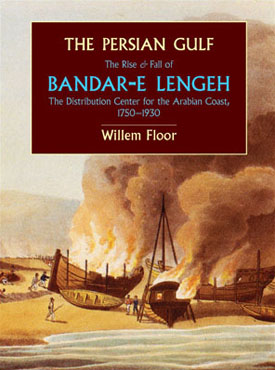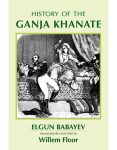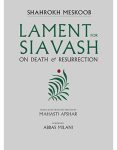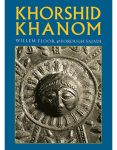About the Book
A small, sleepy port in the Persian Gulf, Bandar-e Lengehhas had a varied and checkered history since its launch onto the historical scene around 1750. In those days the tribal people of the region felt at home on both sides of the Gulf and often went to wherever they thought would offer them a better life. When the Qavasem Arabs moved to Lengeh and developed it, they turned it from a sleepy fishing town into a pirate’s nest. They, together with their kith and kin in Sharjah and Ras al-Khaimah, became the scourge of the Gulf until 1819 when the British burnt all three ports to the ground. After this, convinced that piracy was not worth the cost, the people of Lengeh became peaceful, and very successful as traders and pearl fishers. Lengeh became the distribution center for the entire Arabian Coast and rivaled Bahrain as the pearl clearing center of the Gulf. This success attracted people from all over the Gulf to come and live in Lengeh, making it a symbol of the Gulf migratory culture (havaleh). Lengeh’s success and prosperity did not end because of competition, but because in 1903 the Iranian government enacted a new customs regime for all their ports—but Lengeh was an “Arabian” port located in Iran. As a result, Lengeh lost its competitive position to Dubai, which opened its doors to many of Lengeh’s merchants. Thereafter, Lengeh declined and by 1930 it was once again a minor port and fishing town.
The Persian Gulf: The Rise and Fall of Bandar-e Lengeh, The Distribution Center for the Arabian Coast, 1750–1930is the third volume of the Persian Gulf series by Willem Floor. This book is a rich compendium of Iranian, Dutch, and British reports and primary sources. It is also full of enthralling research into the work of travelers in the region. While it is essential reading for all scholars of the history of the Gulf, it is also informative and satisfying for those readers interested in the history of the region in general.
The previous volumes of the series are: The Persian Gulf: A Political and Economic History of 5 Port Cities, 1500–1750, and The Persian Gulf: The Rise of the Gulf Arabs, The Politics of Trade on the Persian Littoral, 1747–1792.
About the Author
Willem Floor studied development economics and non-western sociology, as well as Persian, Arabic and Islamology from 1963-67 at the University of Utrecht (the Netherlands). He received his doctoral degree from the University of Leiden in 1971. Since 1983, Dr. Floor was employed by the World Bank as an energy specialist, however, after his retirement in 2002, he has dedicated his time to the study of the social and political history of Iran, and has published extensively throughout this time. His books include: Public Health in Qajar Iran, Agriculture in Qajar Iran, and The History of Theater in Iran, as well as, The Persian Gulf: A Political and Economic History of 5 Port Cities, 1500-1730, its second volume, Persian Gulf: The Rise of the Gulf Arabs, 1747-1792, third volume, The Rise and Fall of Bandar-e Lengeh, the fourth volume, Bandar Abbas: The Natural Gateway of Southeast Iran, and the fifth volume, The Persian Gulf: Links with the Hinterland Bushehr, Borazjan, Kazerun, Banu Ka’b, & Bandar Abbas, The Persian Gulf: The Hula Arabs of The Shibkuh Coast of Iran, and The Persian Gulf: Dutch-Omani Relations A Commercial & Political History 1651-1806, and The Persian Gulf: Muscat – City, Society and Trade . He has also published, Travels Through Northern Persia, 1770-1774, Titles and Emoluments in Safavid Iran, and A Social History of Sexual Relations in Iran; Labor and Industry in Iran, 1850-1941; Guilds, Merchants and Ulama in 19th Century Iran; The Rise and Fall of Nader Shah; Games Persians Play, and History of Bread in Iran. His translations include: Samuel Gottlieb Gmelin’s Travels Through Northern Persia 1770–1774 , and with Hasan Javadi, Abbas Qoli Aqa Bakikhanov’s The Heavenly Rose-Garden: A History of Shirvan & Daghestan; Evliya Chelebi’s Travels in Iran and the Caucasus, 1647 and 1654; A Man of Two Worlds: Pedros Bedik in Iran, 1670–1675, and Awake: A Moslem Woman’s Rare Memoir of Her Life and Partnership with the Editor of Molla Nasreddin, the Most Influential Satirical Journal of the Caucasus and Iran, 1907–1931
Willem Floor was invited to Tehran in February, 2017 and presented with the Farabi International Prize for Humanitarian Studies.








